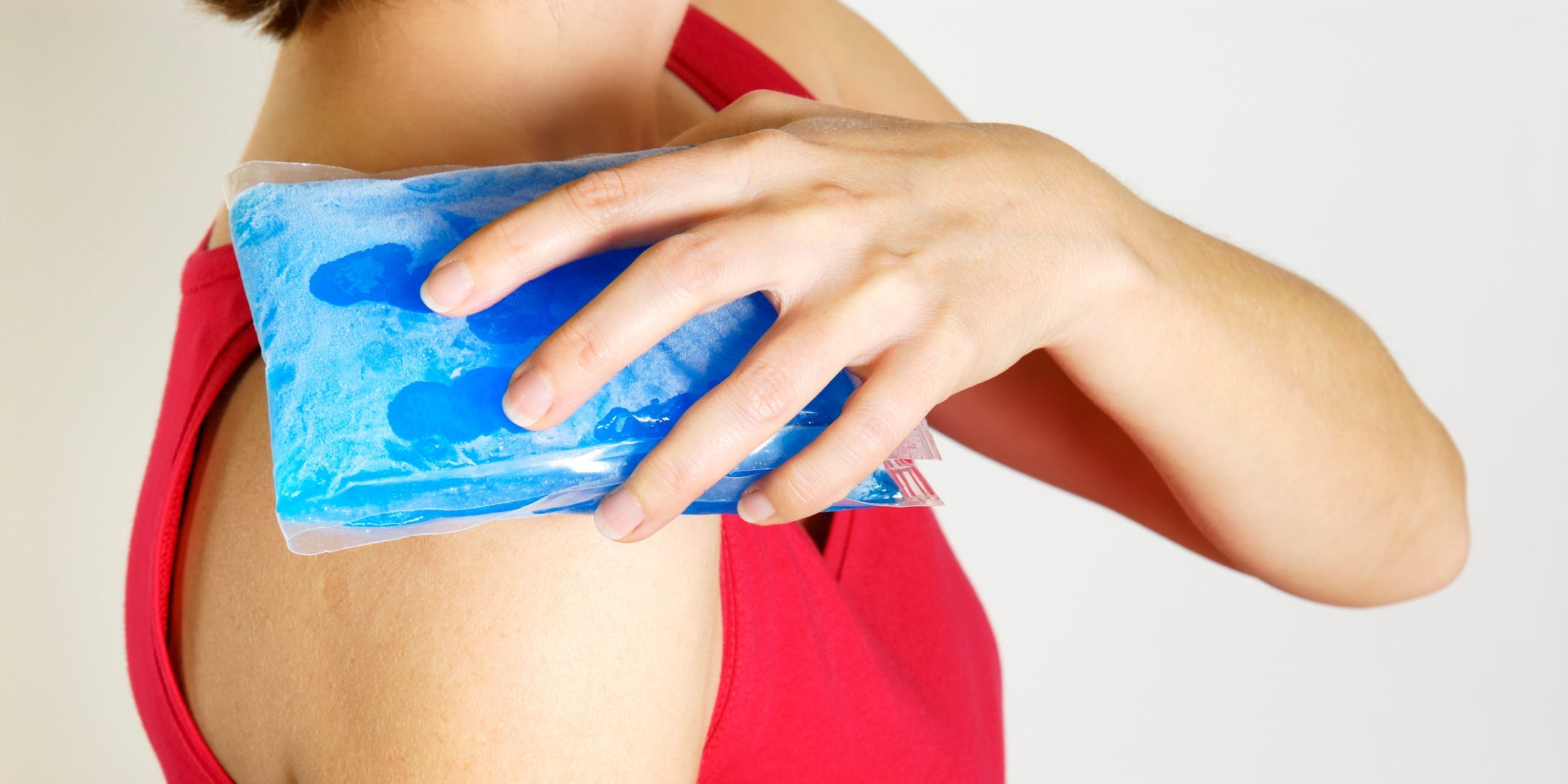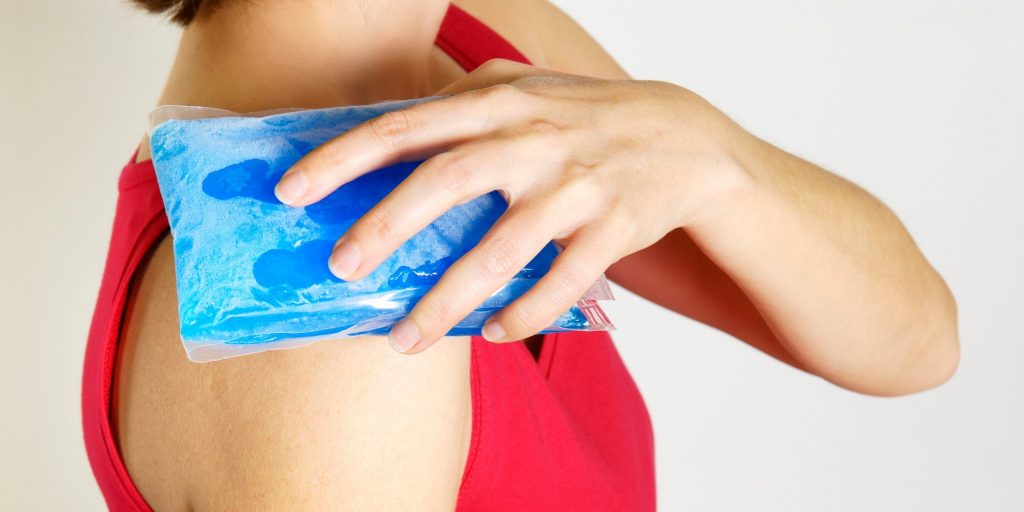
- When getting rid of a mosquito bite, the most important thing is what not to do: Don't scratch!
- Reduce the itchy urge to scratch by applying calamine lotion or a cool compress to the wound.
- Next time, avoid mosquito bites altogether by wearing long sleeves and using bug spray.
- Visit Insider's Health Reference library for more advice.
Ever notice that when you scratch a mosquito bite it just makes it itchier? There's a reason for that – and a way to treat that itch so it's not so annoying. But scratching is not the way.
"Scratching will release histamine causing the bite to become even more itchy and will lead to a sore that will linger and take more time to heal," says Tara L. Kaufmann, MD, a dermatologist at Stony Brook University Hospital in New York.
If you're patient, don't scratch, and try some of the following treatment options, you can find relief as well as get rid of that mosquito bite faster.
Apply calamine lotion or anti-itch cream
"Most lotions and creams create a cooling sensation that temporarily relieves itching and discomfort," says Tim Mentel, PhD, head of medicine and science at Dermapharm, a pharmaceutical developer and distributor.
For example, calamine lotion is made up of the medication calamine and zinc oxide, which treat skin irritations like shingles, chickenpox, and insect bites.
In addition to calamine lotion, you can soothe a mosquito bite with:
- Hydrocortisone cream. This over-the-counter steroid cream relieves swelling and itching, but should not be used on broken skin, Mentel says. If you've been scratching, skip this, as these steroids are meant to be used only on top of your skin and should not enter your body.
- Antihistamine cream. These creams, which are available over-the-counter or as a prescription, counteract your body's release of histamines to reduce the itch. You should talk with your doctor before using an antihistamine cream, as in some cases, it may have adverse side effects.
Take antihistamines
Antihistamines can be applied topically with a cream (as mentioned above), or taken as an oral tablet.
If you have an itchy bug bite, topical cream might work better to alleviate itch and it will help you avoid side effects like drowsiness, which are common with oral antihistamines. However, oral antihistamines can still help.
"Oral antihistamines can relieve itching and are readily available over the counter," Kaufmann says.
The most common over-the-counter oral antihistamines are:
- Benadryl (Diphenhydramine)
- Claritin (Loratadine)
- Zyrtec (Cetirizine)
Apply a hot or cool compress
Applying an ice pack or hot compress to a mosquito bite can override the itch, making it easier to ignore, Mentel says.
The key is to get something that's hot or cold enough to distract you from the itch, while still being safe. If it's too hot, you could risk a burn, while too cold could irritate your skin further.
Mentel recommends:
- Ice treatment. Wrap a towel, or other cloth-like material, around some ice and apply that to the bite for about 10 minutes.
- Heat treatment. Run a towel, or other cloth-like material, under some hot tap water and then apply to the bite for 3 to 5 seconds at a time.
How to avoid mosquito bites
During the late spring and summer months, when mosquitoes are most prevalent in the US, it's important to know how to avoid bites. Here are a few steps you can take to prevent mosquito bites altogether:
- Avoid areas with standing water, which attract mosquitoes, especially during dusk and night time, when mosquitoes are most active.
- Use an insect repellent or bug spray containing DEET, at a concentration of 10% to 35%, Mentel says. Normally, mosquitoes locate you by detecting substances like carbon dioxide. DEET interferes with the mosquito's ability to identify those substances, making them less likely to find and bite you.
- Cover exposed skin by wearing long-sleeve shirts and long pants.
When to see a doctor for a mosquito bite
Most mosquito bites are merely annoying and will resolve on their own within a week.
However, if you are experiencing a fever, flu-like symptoms, or the swelling is growing and becoming more red and irritated, then it could a sign of a bacterial infection, and you should seek medical help, says Kaufman.
Fever or flu-like symptoms can also indicate that you've contracted a disease transmitted by mosquitoes, like West Nile virus (WNV) and Eastern Equine Encephalitis (EEE).
While rare, EEE is most common along the Atlantic and Gulf coasts of America. WNV is more common and can be contracted throughout the country - an estimated 1 out of 150 people infected develops a serious illness.
Insider's takeaway
Mosquito bites are a summer nuisance for many. But luckily, you can get rid of the itch relatively easily with OTC creams or antihistamine medications.
Moreover, the best way to get rid of a mosquito bite is to prevent it in the first place. Apply bug spray, avoid standing water, and wear pants and long sleeves to help protect you from those pesky painful pinches.
